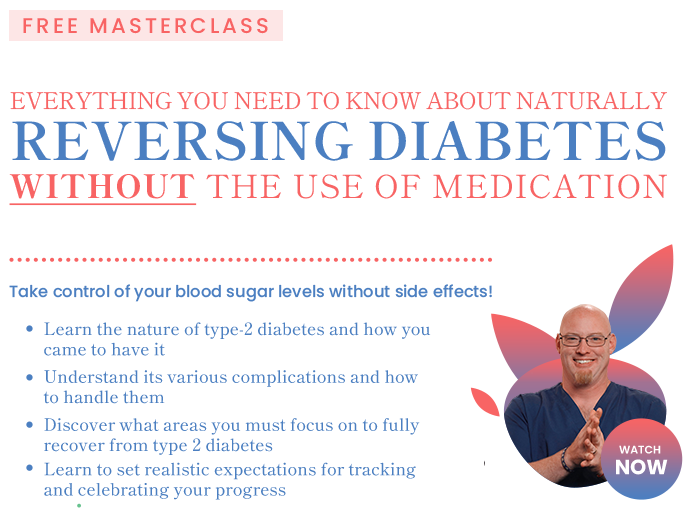
Macronutrients refer to the proteins, fats, and carbohydrates that make up your diet. If you're a diabetes patient, it's especially important that you pay attention to your macronutrients. This is so that you're getting all the vitamins, minerals, and fiber that your body needs.
In this article, we'll talk about the macronutrients that you should pay attention to so that you don't eat too much or too little of them. First, we'll talk about carbohydrates. Then, we'll go over proteins. And finally, we'll discuss fats.

1
Carbohydrates
Contrary to popular belief, eating fat is less damaging than eating carbohydrates. Studies have shown that the biggest culprit of Type 2 diabetes is refined carbohydrates; white rice, white bread, white flour products, pastries, et cetera are all rapidly converted into glucose in your body. This causes your blood sugar levels to spike. Minimizing your consumption of starchy carbs is one of the best ways to manage your diabetes.
Contrary to popular belief, eating fat is less damaging than eating carbohydrates. Studies have shown that the biggest culprit of type 2 diabetes is refined carbohydrates; white rice, white bread, white flour products, pastries, et cetera are all rapidly converted into glucose in your body. This causes your blood sugar levels to spike. Minimizing your consumption of starchy carbs is one of the best ways to manage your diabetes.

2
Proteins
Your body needs protein to maintain its cells and repair tissues. Your muscles, bones, and many bodily functions require protein. That makes protein an essential part of your diet. If you stop and think about it, you'd realize that while there are low-carb and low-fat diets around, there is no low-protein diet. That's how important this macronutrient is.
The average adult requires about eight grams of protein per kilogram of body weight daily, and ideally, you should get your protein from vegetables. There's a common fallacy that meat contains more protein than vegetables - this is not true. A serving of broccoli contains more protein than a serving of beef. The truth of the matter is that most foods contain protein. Yet, plant proteins are more beneficial for your body because they don't contain the saturated fat and cholesterol that accompanies meat.
Ultimately, you need to decide which proteins you want to eat. There's no right or wrong answer. If you're getting your daily requirement, you should be fine. Just try and stick with getting this macronutrient from plants or lean meat so that your health is not compromised. About 25% of your calories should be protein.

3
Fats
There are good fats, and there are bad fats. Trans fats are atrocious and should be avoided at all costs. Saturated fats that accompany fatty cuts of meat have been said to increase your cholesterol level. However, that's still being debated because some doctors argue that dietary cholesterol doesn't play a significant role in heart disease.
All the debate aside, you want to consume healthy fats that are found in extra virgin olive oil and cold-pressed coconut oil. While the latter has received a bad rep for years, the truth is that coconut oil is excellent for your health. Since 25% of your calories should be comprised of fat, do focus on the monounsaturated and polyunsaturated fats. That means giving up junk food and processed foods.

Now, you have a better idea of what parts of your diet to cut back on or increase. First, we discussed carbohydrates. Then, we talked about proteins. And finally, we covered fats.
At the end of the day, to be healthy, your diet needs to be healthy. Most of us know what healthy foods are; we just don't want to sacrifice taste and stick to the healthier options. Good food can be tasty; you just need to make the switch and acquire the taste for them. You'll find that your cravings disappear, you look better, feel better, and have much more energy. If you're dealing with diabetes, it's crucial to have a wholesome diet.
















